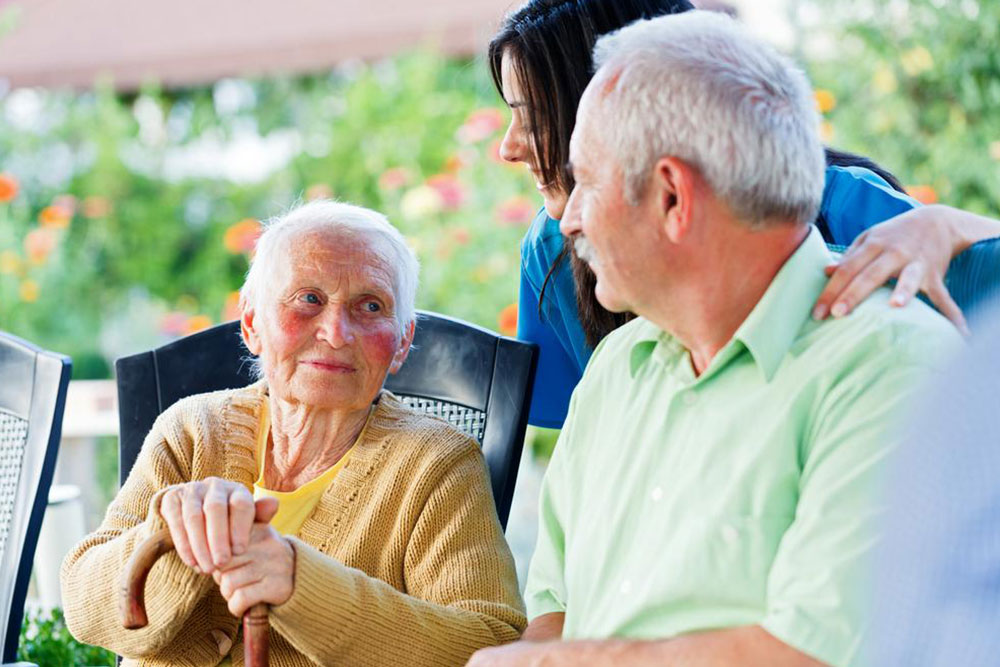Signs and symptoms of advanced Parkinson’s
Parkinson’s syndrome is basically the slowing of motion in a human being or is hypokinesia. The exact cause of the disease is not known nor has it a cure. The immediate cause of the symptoms to appear is that neurons in the brain die off, and there is a deficiency of dopamine, a neurotransmitter. Why neurons die is not known. Unless a lot of family members are affected with Parkinson’s, genetics plays an insignificant part.
The only significant risk factor is age. People beyond 60 years are commonly affected. It is a slow-progressing ailment. Substituting dopamine helps control the symptoms.

The initial symptoms are very mild and not easily noticed. There are ten signs which are indicative of Parkinson’s. They are tremors when muscles are relaxed, slow movements or bradykinesia, rigid muscles, impaired balance and posture, loss of automatic moments, speech changes, especially low volume, writing changes, the words become small and letters crowded.
As the disease progresses, these symptoms intensify. In advanced stages, additional symptoms appear which may be treatable.
Not thinking clearly
Thinking difficulties, and loss of cognitive power, dementia, which may not respond to medications.
Emotional changes
Parkinson patients can experience emotional changes. Appropriate treatment will help them to face other challenges thrown up by the disease.
Physical changes
As the disease continues, one may start experiencing difficulty in swallowing. Eating session will get prolonged and may have switched over to nutritious fluid foods. Saliva accumulates in the mouth and starts drooling making it necessary to tie an absorbent bib to keep the near body cloths dry.
Sleep issues
Sleep problems start to keep patients get up frequently at the night and prevent sleep at the night and they sleep in day time compounding the problem.
Urine issues
As moments slow down, patients start to experience difficulty to pass urine. Often it takes long to relax and start urination. Similarly, they suffer incontinence also.
Other signs
Constipation becomes chronic. One can experience dizziness on standing because of slow compensation of blood pressure on becoming straight up. They can totally lose the sense of smell. The patient becomes constantly fatigued. The cause is not known. Some of the patients start to get erectile dysfunction. They start suffering in their entire body instead of specific places.

